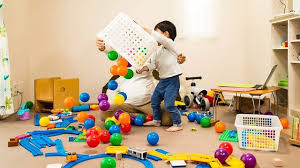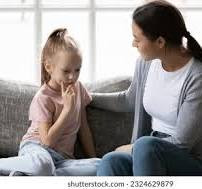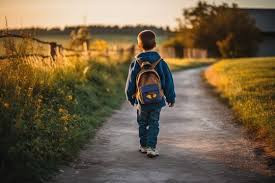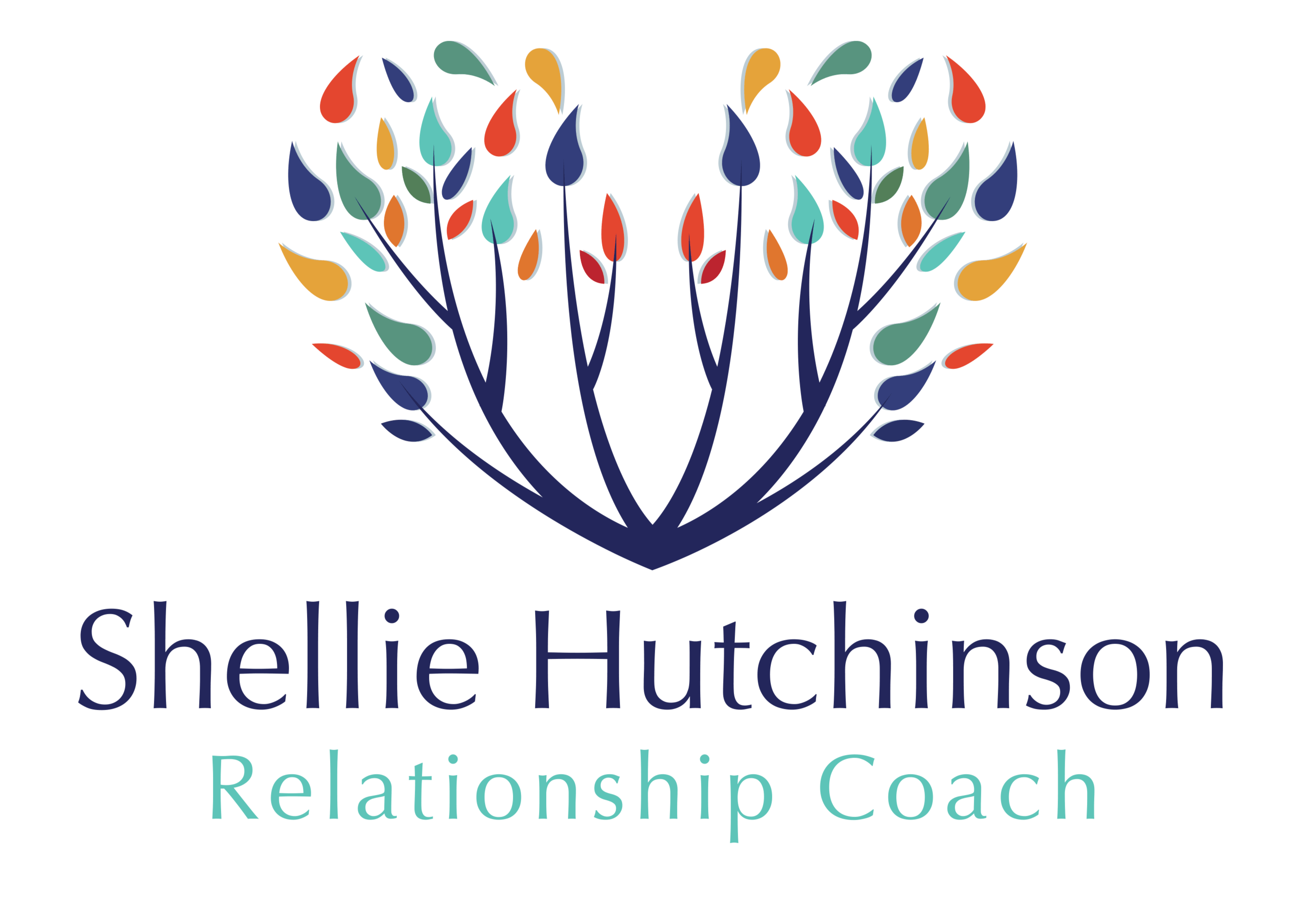
Years ago, our move to Florida brought with it a few adjustments, including the way our kids played. We left behind a classic 'playborhood', where kids would gather outside every day and ride bikes and scooters, play tag and sports, without much adult supervision. When we started planning our move, it didn't cross our minds that not all neighborhoods were 'playborhoods''. We did our research and learned that there were numerous kids in the area, and a lot of the yards were home to play gyms or trampolines. The neighborhood we choose even had its own playground and tennis and basketball courts.
Once there, however, we noticed the neighborhood was consistently desolate of kids playing outside. I started reaching out to parents and learned that peer play-time was almost always scheduled and supervised by parents. This is how I learned the term 'play-date'. And finding time to play with these very busy and very scheduled kids wasn't easy. So our boys played a lot with each other. We encouraged them to play outside and designated an area of the house for their play. This play space was often scattered with legos, lightsabers, and hot wheels. But it was their space and play they did. Once a family friend was over for dinner. After dinner, the boys left to play and the three of us sat outside talking. At one point our friend interrupted the conversation and stated that he just needed to make sure "this was normal". He was referring to the loud ruckus the boys were making. My husband and I hadn't even noticed it. We assured him it was very normal.
As parents, the sight of toys scattered across the room and the constant background noise of shrieks, giggles, stomping and loud voices, can be overwhelming. It’s easy to feel stressed when your home transforms into what appears to be a disorderly jungle gym. However, amid this mess lies the profoundly valuable chaos of play. When parents attempt to remove the chaos of play from their lives, they are inadvertently disrupting the development of their child. Children who lack regular free-play are at risk for increased worry and anxiety and are often less tolerant of the world and it's challenges. Not enough physical activity can disrupt sleep patterns and focus as well.
Here's how your kids benefit from the chaos of play:
Play is a fundamental part of childhood learning. Through imaginative play, children develop critical thinking and problem-solving skills. Whether they are building complex structures with blocks or engaging in make-believe scenarios, play stimulates brain development and helps children learn to plan, communicate, and execute their ideas.
Playing with others teaches kids how to interact socially. They learn the importance of sharing, negotiation, and empathy. These interactions help them build the foundation for strong relationships in the future. Those pretend tea parties and collaborative LEGO castle constructions are more than just passing the time—they're essential social skill-building exercises.
Play allows children to express their feelings and work through emotions in a safe environment. Dramatic play scenarios can help kids process what they experience in real life, including fears and anxieties. This emotional rehearsal builds resilience and emotional intelligence for the real challenges of life.
From climbing playground structures to running around the yard, physical play is crucial to a child's health. It enhances motor skills, coordination, and overall physical fitness. In a world where screen time is steadily increasing, encouraging active play is more important than ever.
Unstructured playtime fosters creativity. Give a child a cardboard box, and suddenly it becomes a spaceship, a fort, or a submarine. This ability to think outside the box (literally and figuratively) is a vital skill that will benefit children in all areas of life.
Accepting and even celebrating the chaos of play can change your perspective as a parent. Here are some tips for managing the stress that often accompanies a playful home. Embrace the mess by:
Establishing specific areas in your home where play is encouraged. This can help contain the mess and make clean-up more manageable. A well-organized play zone can still be full of activity without overtaking your entire living space.
While it's important to allow unstructured playtime, setting limits on when and where certain types of play can happen can help maintain a sense of order. Establishing routines for tidying up can also teach your child responsibility and the importance of cooperation.
Instead of focusing on the disorder, try to see the creativity and learning happening within the chaos. Remind yourself that this phase of life is temporary, and the day will come when the toys are gone, and the house is quiet.
Here's the takeaway: The chaos of childhood play may seem like a storm in your living room, but it is also a whirlwind of learning, growth, and joy. By recognizing the immense value of play, as a parent you can cultivate an environment that nurtures your child's development while maintaining your own peace of mind. Embrace the chaos, and remember that the world of play is the work of childhood.












0 Comments